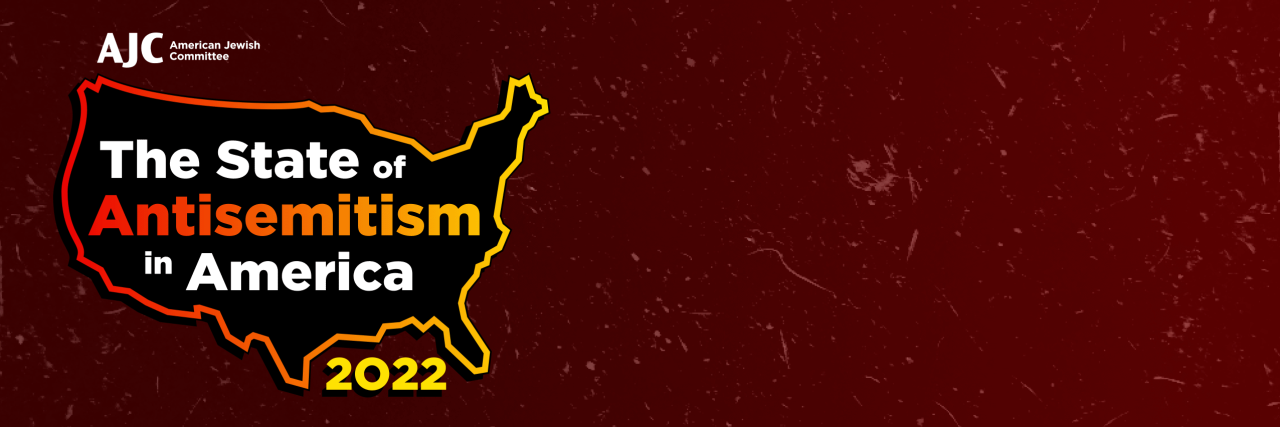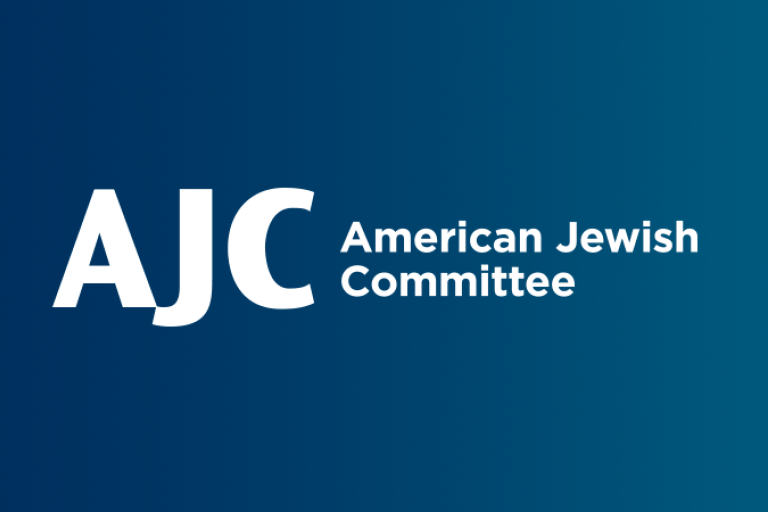February 21, 2023 — New York
American Jewish Committee (AJC) has launched an awareness raising campaign to urge social media companies to take concrete actions to address the spread of antisemitism on their platforms. The campaign follows the release of AJC’s State of Antisemitism in America Report 2022, which showed troubling numbers of Americans are experiencing antisemitic content online and on social media.
“The report underlines the need for more to be done to fight antisemitism in the digital world,” said AJC CEO Ted Deutch. “Social media companies must do more in the fight against antisemitism, first by ensuring their platforms are not used as launching pads for conspiracies and hate targeting Jews.”
The AJC report, based on parallel national surveys of the U.S. Jewish and general populations, shows the gravity of antisemitism online. Overall, 69% of Jews surveyed reported they have experienced antisemitism online, either as a target or by seeing antisemitic content.
Younger Jews are more likely than older cohorts to see and experience hate online. Eighty-five percent of Jews ages 18-29, compared to 64% of those age 30 or older, reported they experienced antisemitism online or on social media. Further, among those Jews who experienced antisemitism online, younger Jews (26%) were more likely than older cohorts (14%) to say these online incidents made them feel physically threatened.
The prevalence of antisemitism online also is observed by U.S. adults. Among the 36% of the general population who told the AJC survey they personally witnessed one or more antisemitic incidents in the past year, 82% reported seeing them online or on social media.
The centerpiece of the AJC campaign is an online petition urging Twitter, Meta, TikTok, and YouTube to employ the policy recommendations in AJC’s Call to Action Against Antisemitism to curb anti-Jewish hate.
The Call to Action recommendations specifically for social media companies include:
- Ensure transparency. Social media companies should be transparent in the drafting of policies, algorithms, and moderation systems and abide by a set of core principles that will earn public trust. Social media companies must correct the algorithms which allow hate to cross-pollinate and grow.
- Improve moderation systems. Moderation systems can be improved and harmonized to ensure moderators are accurately and equally implementing policies and community standards. In the rapidly evolving space of online antisemitism—which relies on memes, coded language or images, and implicit speech—non-human regulatory models are not fast enough. Social media companies should integrate the International Holocaust Remembrance Alliance (IHRA) Working Definition of Antisemitism into their policies to regularly train content moderators on the various forms of contemporary antisemitism.
- Make it easier to report antisemitism. Antisemitism is a complex prejudice. It is not just a hatred or a direct attack against Jews, but a conspiracy about power and control. Consider listing antisemitism as a distinct option for users to flag when reporting harmful content.
- Improve policies. Social media companies should establish community standards indicating that antisemitic speech will not be permitted on their platforms.
- Establish new positions. Social media companies should hire a point person to both listen to the concerns of Jewish communities around the world and work within the company to make structural changes to ensure antisemitism is understood, recognized, and properly addressed.
“Fighting antisemitism in all of its manifestations requires a full court press, concrete actions by all sectors of American society,” said Deutch. “The power and limitless reach of social media, however, requires special, urgent attention. Join AJC now in ensuring social media companies act responsibly and lead in efforts to stop age-old conspiracies, antisemitism, and hatred from spreading further.”

